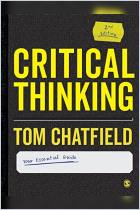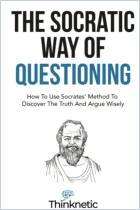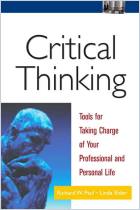Join getAbstract to access the summary!

Join getAbstract to access the summary!
Alan Hájek
Philosophy Tool Kit
Thinking like a philosopher need not be a strange and arcane art, if you get started with these tricks of the trade.
Aeon, 2017
What's inside?
Let the great philosophers improve your problem-solving skills.
Recommendation
Philosophy may seem abstract and removed from everyday life, but the discipline offers “argumentative strategies” that anyone can use to sharpen their thinking. In an essay in the digital magazine Aeon, philosophy professor Alan Hájek outlines the “tricks of the trade.” Unfortunately, the examples he uses to demonstrate the different philosophical tools remain highly philosophical – such as questions about the existence of God. However, the essay should succeed at reminding you of the way the great thinkers of Western philosophy approached the big – questions – and how the same methods can help you clarify your thinking on any topic of concern. getAbstract recommends Hájek’s essay to anybody interested in learning how to reason like a pro.
Summary
About the Author
Alan Hájek is a philosophy professor at the Australian National University in Canberra.


















Comment on this summary